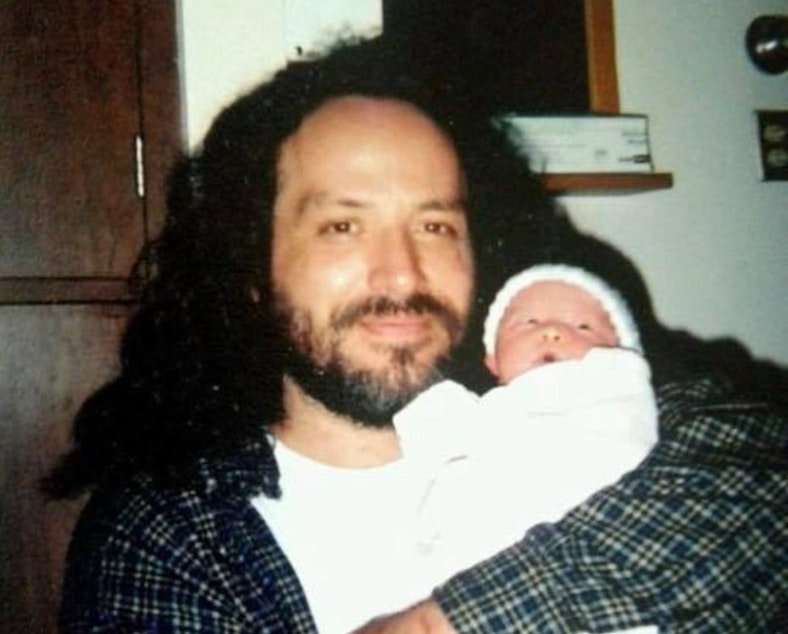‘I can’t breathe,’ Tulalip man told police. Snohomish County to pay $1.75 M in wrongful death suit

Snohomish County will pay $1.75 million to the family of Cecil Lacy Jr., a Tulalip man who died during a 2015 encounter with law enforcement officers.
The settlement was reached days before a second trial that was scheduled in the wrongful death case, which was brought against the county in 2016 and sought $4.5 million.
Additionally, Governor Jay Inslee has ordered an independent review of Lacy’s death by the newly created state Office of Independent Investigations. The investigation was originally handled by the Snohomish County Multi-Agency Response Team, which Lacy’s family has accused of conspiring “to doctor and destroy evidence and otherwise conceal the truth associated with Mr. Lacy’s death.”
Lacy was stopped by Snohomish County sheriff’s deputy Charles Pendergrass on September 15, 2015, after someone reported that a person was walking in the middle of a road on the Tulalip Reservation, creating a traffic hazard. Lacy’s widow, Sara Lacy, said her husband, who had just turned 50, had been in the middle of his nightly exercise walk when he was approached by Pendergrass. At that time, she said, the street had no designated shoulder for pedestrians.
Pendergrass reported that Lacy was speaking rapidly, sweating profusely, and seemed agitated when he approached him, according to the lawsuit. While her husband did have a history of mental illness, Sara Lacy said that narrative didn’t take into consideration that her husband was in the middle of exercising.
“When they intercepted him, he was already in a hypermetabolic state because of the aerobic workout,” she said. “He was moving quickly and sweating, so his heart rate was already elevated. They really didn't mention much about that.”
Two Tulalip police officers also arrived at the scene after Pendergrass requested backup. The three officers placed Lacy in handcuffs — although he wasn’t under arrest — citing safety concerns, and said they would drive him home. Lacy initially agreed but changed his mind, saying he’d rather have his wife pick him up.
Sponsored
A physical struggle ensued; Pendergrass Tased Lacy twice. Then Pendergrass pinned Lacy to the ground, the weight of his body restricting Lacy’s ability to breathe, the lawsuit states. Attorneys for Snohomish County stated in court documents that Lacy had charged at officers.
Lacy called out, “I can’t breathe” — the same words spoken by George Floyd, as Minneapolis police officer Derek Chauvin pressed his knee into Floyd’s back, killing him. Pendergrass initially denied hearing Lacy say he couldn’t breathe. He later admitted to hearing Lacy’s pleas in a court deposition, according to Gabriel Galanda, who is representing the Lacy family.
Lacy became unresponsive, and Pendergrass attempted to resuscitate him using CPR. Lacy died at the scene.
The Snohomish County Medical Examiner ruled that Lacy died due to cardiac arrest. But an independent autopsy commissioned by Lacy’s family concluded that he died of asphyxiation.
“We want to go back and have the facts brought to light and have this case really looked at because a person who was killed by asphyxia — that's a homicide,” Sara Lacy said.
Sponsored
The Snohomish County prosecuting attorney at the time, Mark Roe, declined to criminally charge the officers involved.
Sara Lacy said she considers the settlement a win — especially after having the case thrown out by a trial judge, then being reinstated by the Washington State Court of Appeals.
“It's a huge victory for our family and I feel really proud to be able to have something for our kids,” she said.




